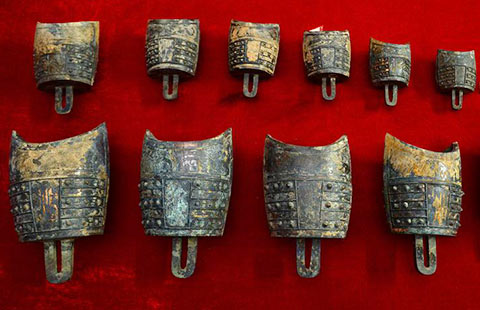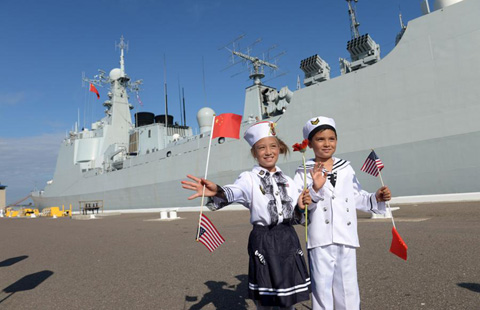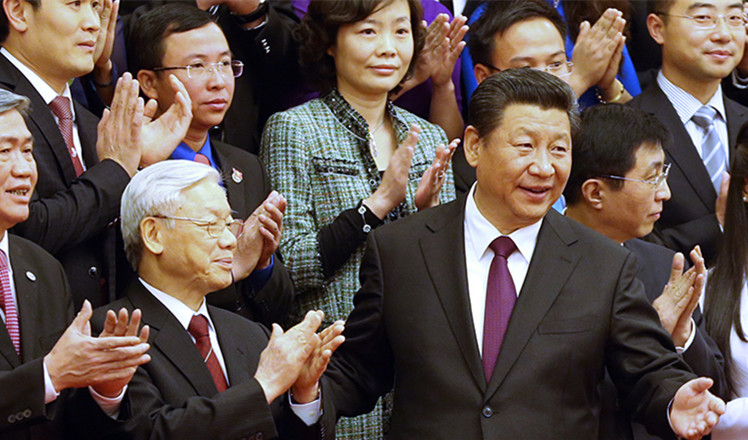
Discussions between Singapore's top leadership and Xi are significant in this regard.
The economic cooperation subjects that may feature in these discussions include expanding the scope of the Free Trade Agreement between China and Singapore and the possibility of Singapore's involvement in another signature infrastructure project in China on the lines of the Suzhou Industrial Park and the Tianjin eco-city.
Singapore is keen on increasing investments in China, particularly in the services sector, and would aim to use the FTA more expansively in this regard.
Xi's visit to Singapore is also taking place at a time when the regional trade landscape is about to change significantly. Negotiations have concluded on the Trans-Pacific Partnership.
Though there are still legislative hurdles, particularly in the US Congress, the TPP should be implemented by the end of next year.
China is not a part of the TPP, but Singapore is, along with 11 other Asia-Pacific Economic Cooperation members.
The TPP has been accompanied by negotiations on the Regional Comprehensive Economic Partnership that includes the 10 members of the Association of Southeast Asian Nations, and Australia, China, India, Japan, the Republic of Korea and New Zealand. Singapore is part of the RCEP, too.
Being a member of ASEAN, TPP as well as the RCEP, Singapore is part of all major regional architectures in the Asia-Pacific.
At a time when China has proposed the Free Trade Area for the Asia-Pacific, which could see the convergence of the TPP and RCEP, Singapore's role as one of the region's most open economies remains critical in setting standards for implementing modern trade rules.
Besides, Xi's visit to Singapore and Southeast Asia also comes at a time when tensions are rising in Southeast Asia over the South China Sea issues. Till now, tensions have not led to a conflict.
But concerns remain. China and Singapore both are keen on maintaining stability in Southeast Asia by coordinating a strong and consolidated regional architecture.
The rise in political tensions in the neighborhood is not good news for a region that is already experiencing low growth and can deter potential investors.
Regional stability, therefore, is expected to figure prominently in the discussions that Xi will have in Singapore.
The author is a senior research fellow and research lead (Trade and Economic Policy) in the Institute of South Asian Studies at the National University of Singapore.








